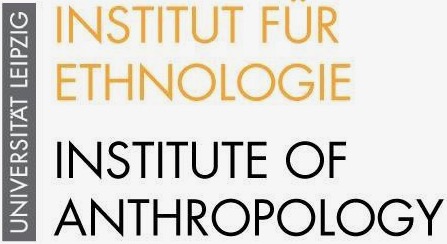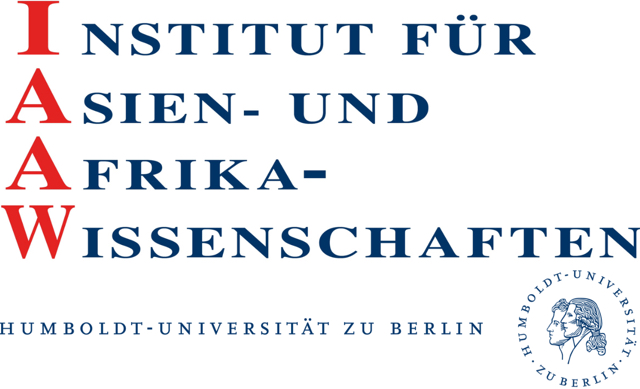
Dates: 9-10 January 2021
Venue: Komaba campus, The University of Tokyo // digital video
Rationale
In recent years, scholars have begun to look critically at the hegemonies in the generation and dissemination of "knowledge" on Asia. This workshop, "Knowledge on the move" embraces this perception and seeks to learn what kind of knowledge circulates where and when, and why and how it does or did so. It addresses the dynamics of and within global epistemic frameworks by focusing on epistemic communities in everyday life: turning away from a merely intellectually oriented understanding of epistemology and attending to knowledge systems that inform and connect people in their daily life across nations and regions. The feeling of being connected – including the notion of "belonging" – accrues from various reasons: shared beliefs, spiritual commitments, emotional affinities, sensory resonances and the like. Ontological elements of different knowledge systems translate into guiding concepts and principles for people's decision-making in daily life, their normative horizons and behavioral protocol.
Panelists discuss the "knowledges" that inform and facilitate connectivities across borders. Connectivities, furthermore, engender frontiers that emerge through the forming of in-groups and out-groups – those who do share a certain knowledge and those who do not. The identification of "ontological ecologies" that stretch beyond national – sometimes regional – borders and their meaning for human interaction becomes increasingly important against the backdrop of an ever more dynamic shift between the physical (territorial, maritime) and emotional geographies of people's everyday life. Consequently, this is what the workshop wishes to debate. This workshop is part of a larger project entitled "Shaping Asia". With regard to political, social and economic disparities within Asia, this project reminds scholars of the importance to (critically) reflect the concept of “Asia”.








